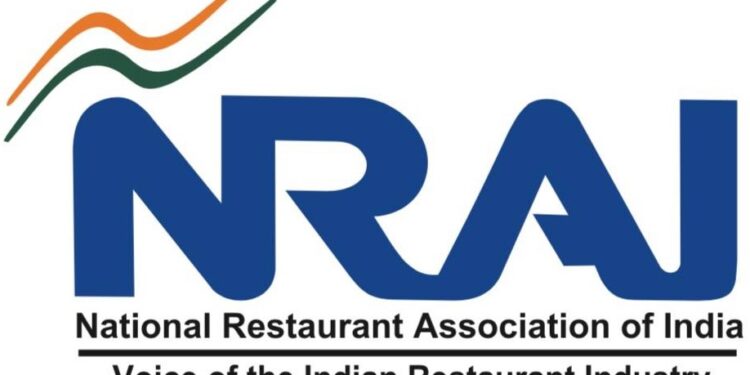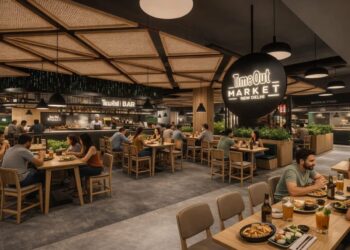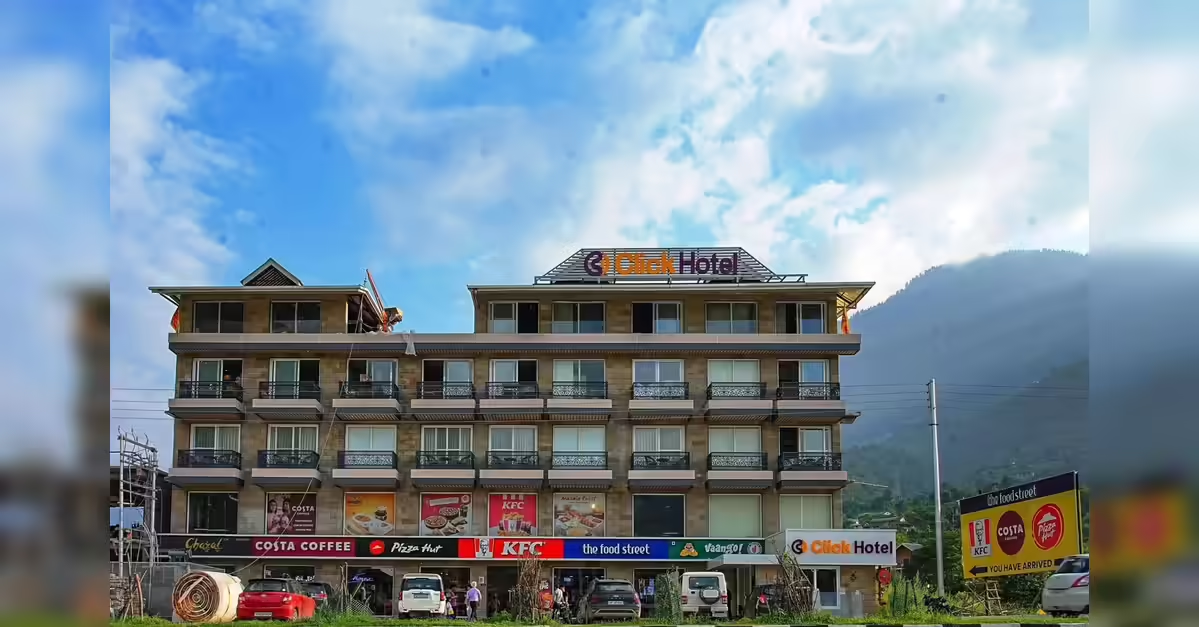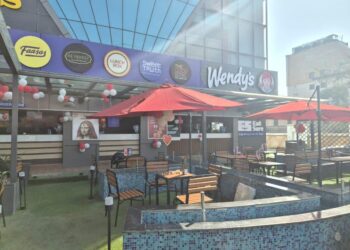-KH News Desk (editorial1@imaws.org)

The National Restaurant Association of India (NRAI) has initiated a pilot project with food aggregators to implement a new commission structure aimed at creating an “equitable financial structure” for restaurateurs. The core objective of this initiative is to rebalance the economics of online food delivery and foster mutual business growth between the two parties.
The New Model and Strategic Objectives

The key change in the new commission structure is the removal of the unfair burden of long-distance delivery charges from restaurant owners. According to Piyush Kankaria, NRAI Kolkata chapter head, this change is designed to ensure that delivery commissions and long-distance fees do not disproportionately impact restaurant operators.
The pilot reflects a broader attempt to cultivate a healthier, more sustainable business relationship between restaurants and aggregators, who are recognized as “unavoidable partners” in the contemporary food service ecosystem. The NRAI’s goal is a “win-win” situation, ensuring that if aggregators grow, the restaurants also grow. In a sign of progress, the NRAI cited a recent breakthrough with Zomato, where the platform introduced an option for customers to share their data with restaurants—a small step towards greater transparency and collaboration.
Industry Advocacy and Significance
Beyond the commission structure, the NRAI is continuing its strong advocacy for national “industry status” for the Food & Beverage (F&B) sector. Kankaria noted that the F&B industry is the second-largest employer in the country and a significant contributor to GDP and GST revenues. Achieving industry status would enhance the sector’s visibility, ease access to capital, and ensure more favorable policymaking, ultimately helping the entire industry—including small and legacy brands—thrive.







